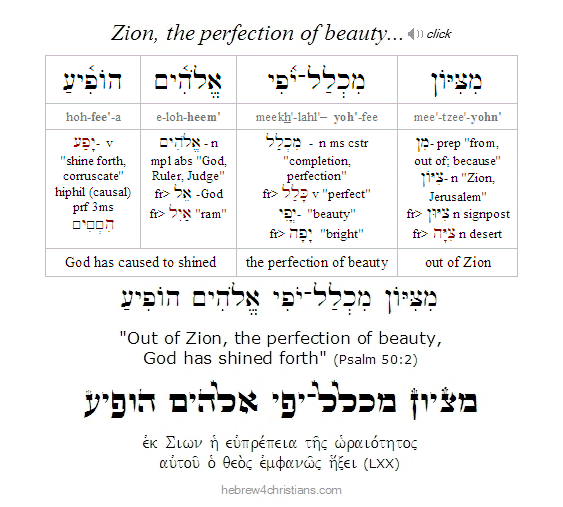|
Some time after entering the promised land, Abram's faith was tested: "Now there was a famine in the land, and Abram went down to Egypt to sojourn there..." (Gen. 12:10). The sages say that Abram stumbled by leaving the land, and that he should have trusted that the LORD would provide for him despite the apparent lack of food. Indeed during his time in Egypt Abram lost sight of God, lied about Sarai, compromised his values, and was passive as his wife was abducted into Pharaoh's harem. The situation got so bad that the LORD God finally intervened by sending "great plagues" upon Pharaoh and his household to rescue the family from their captivity (Gen. 12:17). Because of these plagues, Pharaoh urged Abram to to make an "exodus" from the land, and Abram left with wealth acquired there (including Hagar, a daughter of Pharaoh). Humbled by his lapse of faith, Abram then returned to the altar he built near Bethel and there called upon the LORD (Gen. 12:10-13:4). Note the parallels here with the later deliverance from Egypt under Moses. Indeed, during the "dark vision" Abram had at the "covenant of the parts" ritual, he foresaw that his experience with Pharaoh would be revisited in the lives of his children (Gen. 15:12-18). Even a great tzaddik like Abram had to learn obedience, as indeed did Messiah himself: "Although he was a son, he learned obedience through what he suffered" to become our great High Priest (Heb. 5:8-10). "Out of Egypt have I called my son..."
Abram's carnal excursion to Egypt resulted in the addition of Hagar to the family, and through her role as a "surrogate mother," to the advent of Abram's son Ishmael. Later the Apostle Paul associated the descendants of Hagar as "children of the flesh" in contrast to the descendants of Sarah who are "children of the promise." Ishmael's conception was "natural," i.e., was "of the flesh" and the result of human intervention and calculation; Isaac's conception, on the other hand, was supernatural and the result of God's direct intervention and design. Paul interprets these historical events in allegorical terms. The two mothers "represent" two distinct covenants: Hagar (the daughter of Pharaoh) represents the covenant made at Sinai that results in "children born for slavery," whereas Sarah represents the covenant made earlier based on divine promise that results in freeborn children (Gal. 4:24-27). Mount Sinai is in the barren wilderness -- the starting point of a nation that was once enslaved in Egypt; but Mount Zion/Jerusalem (representing the fulfilled promise) is in the "land flowing with milk and honey" -- the end point of a nation that was divinely chosen. Mount Sinai is ultimately barren, but Mount Zion is "the perfection of beauty" (Psalm 50:2) that bears innumerable children (Isa. 54:1).
Hebrew Lesson
Psalm 50:2 reading (click):
|



